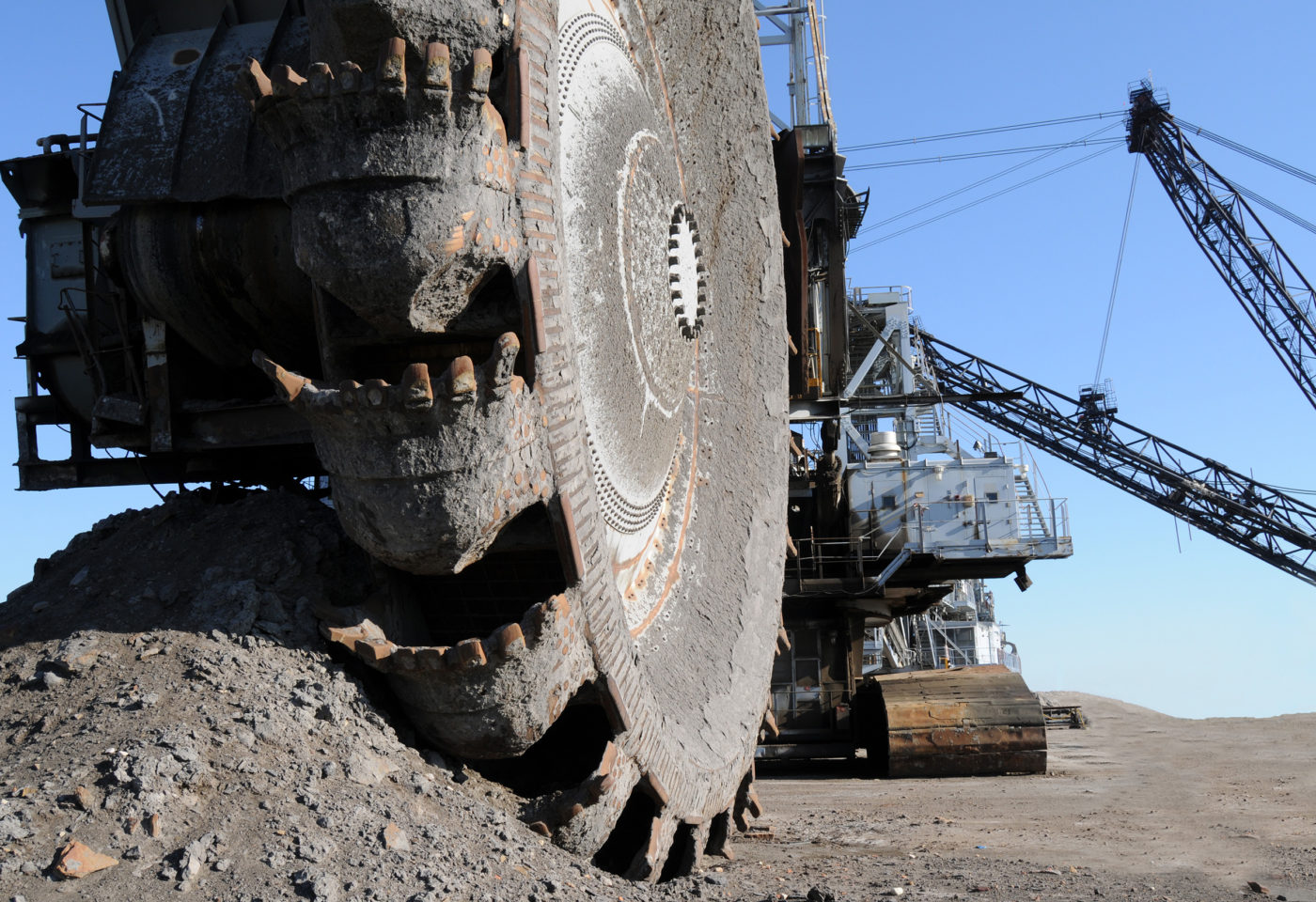By Dylan Jones
In the Globe and Mail
Jan. 30, 2016
The framework Alberta laid out on Friday for collecting royalties from its oil-and-gas sector is good news for the beleaguered sector and good news for Canadians everywhere.
Ever since the provincial New Democratic government won last year’s election with a review of royalty rates as a platform element, investors have been anxious. Every oil and gas company – even those with very good assets – has been in a position of making investments with the risk that government might come in afterward and announce changes that would turn them into money-losing propositions. That uncertainty is now largely resolved.
Furthermore, the regime itself looks pretty sensible. It provides less accommodation of companies engaged in high-cost development and more reward for those that can lower their cost structures. The result will be a more efficient allocation of money and talent, and likely a reduction in greenhouse-gas emissions intensity. This is because most higher-cost production also has higher emissions.
Finally, the approach should build trust. The Alberta government is facing a deficit of at least $6-billion, and was under real pressure to grow its short-term revenue from royalties. Doing so would ultimately have led to loss of revenue from corporate and income tax, hardship for families, slower economic recovery and, downstream, worse public services, not better.
It was not clear that the government was willing to take this longer-term view; it is a great relief that it has.
Unfortunately, some Canadians will not see relief for the oil-and-gas sector as good news for them. The anti-oil-and-gas crowd has three main camps: those who think currency depreciation is good for the manufacturing sector, those who think Canada cannot be a global climate-change leader while being a major oil producer, and those who just hate capitalism and everything to do with it.
The currency argument is not strong. From 2002 to 2011, the Canadian dollar appreciated from 63 cents to $1.01 (U.S.). Our manufacturing sector declined 23 per cent. Here is the kicker – the U.S. manufacturing sector declined by the same amount, 23 per cent, during the same period. We all know why: the emergence of countries such as China as the factories of the world, driven by low labour costs. The Institute for Research on Public Policy has done excellent sector-by-sector analysis of the so-called Dutch disease effect and found it to be present in some sectors but very mild relative to other factors.
On the other hand, the energy supply chain has contributed to manufacturing and services growth throughout Canada; we are only now starting to realize how widespread those effects are. And, of course, the sector has been a big contributor to public services as energy companies pay large royalties on top of the regular corporate and income tax generated by other industries.
The claim that the oil-and-gas sector is the beneficiary of public subsidies surpasses absurd. No other sector contributes as much in taxes relative to the public-sector costs it generates. Of course, royalties are justifiable, given that the public owns the oil and gas in the ground, but the bottom line is that there is no sector like oil and gas for paying for things we care about, including education and health care.
On the global climate-change front, Alberta has made much of the fact that it has – by a long shot – the most aggressive carbon pricing affecting oil producers anywhere in the world. This is true and laudable. The challenge is that the starting point is an oil mix that has a relatively high emissions profile. What gets little attention is just how small this differential is – in the territory of 6 per cent, “well to wheels.”
In my view, Alberta should move aggressively to get its emissions differential to zero or negative so it can shift from saying “we regulate well” to “our oil is cleaner than the alternatives.” Given Alberta’s already impressive 30-per-cent reduction in oil-sands GHG intensity, I’m optimistic that we can get there. This could be a real turning point in the pipeline debate. Ironically, one big way to achieve this goal of GHG equivalence is to move oil by pipeline.
As for the anti-capitalism crowd, there is not much I can say that will make a difference other than the obvious point that, when it comes to freedom and living well, no one has yet found a practical alternative.
Dylan Jones is the president and CEO of the Canada West Foundation, a think tank devoted to issues of particular concern to Western Canada
